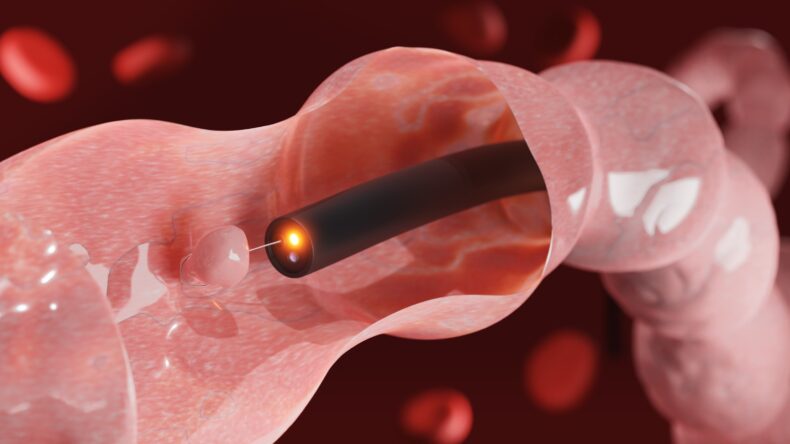While there are some well-characterized markers of hereditary colorectal cancer (CRC) risk, much of the genetic variation that leads to familial CRC remains unexplored.
Xingyi Guo, PhD, Wei Zheng, MD, PhD, MPH, and colleagues used transcriptomic data from over 125,000 individuals to determine new susceptibility genes linked to CRC risk, paving the way for more encompassing genetic screens when determining a patient’s likelihood of inherited CRC.
The researchers created gene expression prediction models from a database of normal colon tissue to establish a normal transcriptional profile for comparison with CRC profiles.
Twenty-five genes were associated with CRC risk, some being potentially novel tumor suppressors. CABLES2, which had low expression in CRC patients, was shown to be important for inhibiting tumor cell proliferation and overall tumor volume in vivo.
This research, published in Gastroenterology, identifies new markers for CRC risk and characterizes a tumor suppressor, CABLES2, previously unstudied and unidentified in CRC.
The research was primarily supported by National Institutes of Health grants CA227130 and CA188214.











